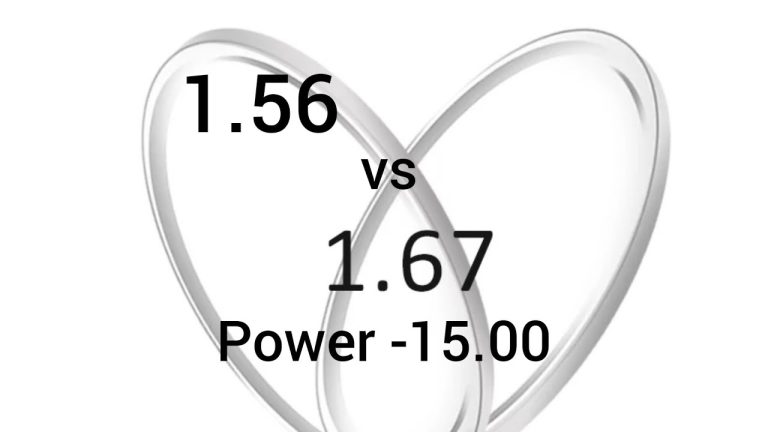What’s The Difference Between 1.67 And 1.74 High Index Lenses
dusty or dirty lens with a cleaning cloth or towel could cause scratches, even on lenses with a scratch-resistant coating. Simply put, should you have high index lenses, they’ll be thinner. Conversely, if your prescription glasses are fitted with a lower lens index material, they will be thicker. If you have a solid prescription and…









